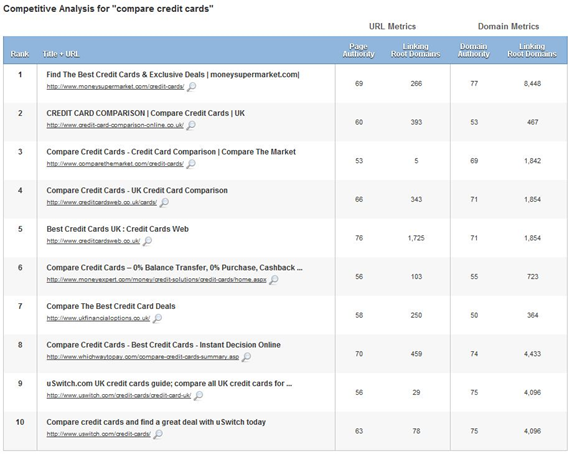Author: Matt Commins, Co-Founder of Fish Tank Media
It’s Sunday August 5 and I’m listening to the Los Angeles Dodger Vin Scully’s mellifluous tones rather than watching the A’s game (who are in the midst of a playoff run), which shows, in my opinion, how good Scully is as a broadcaster. I live in San Francisco, which is home to the San Francisco Giants. I’m not a Giants or a Dodgers fan and it’s slowly getting to the point where I no longer have authentic emotion for the Athletics , which is unfortunate because my palatial estate is adorned with A’s memorabilia. Rather than having an alliance to a specific team, I’m becoming a fan of Baseball, which is why I mustered up the courage to buy a Mike Trout jersey. But I digress; this will not be the first time I diverge from the point in anything I write. When I talk to Giants fans I often receive criticism for my love of Scully. I take it all in good spirit because the vast majority of them have probably never heard him call a game before. If they have, they would change their tune.
There is no transition. It’s just something I wanted to get off my chest.
In part one, I blathered about the gathering of internal data from Analytics and Google Webmaster Tools. Now it’s time to shift over and analyze how competitive it is to increase organic positions.
We prefer to use the SEOmoz Pro tool because it easily provides three of the most important metrics for evaluating domains: Page Authority, Domain Authority and Linking Root Domains. Page Authority, uses a 100 point scale, is a predictive metric to predict the likelihood of a page being able to rank. Domain Authority is relatively the same as Page Authority, but it evaluates the authority of the entire domain. Linking Root Domains provides the unique number of domains linking to a page and/or domain. Usually, the more unique linking root domains a domain has, the higher its domain authority.
With the launch of Penguin a few months ago, the most important metric is Domain Authority (of the three) because it provides the gauge on how relevant search engines view a domain. Also, Domain Authority has the highest correlation to higher rankings. To learn more about the Penguin update feel free to check out our article.
I saved the data from the screenshot above and placed it in Excel. The yellow cells represent rankings belonging to two domains. Suppose I was the domain owner in position 9 and 10, with the second largest Domain Authority, I’d try to identify why my position is lower than my competitors. My first guess would be there are some “bad” links linking to the domain. Also, I would try to increase the number of unique domains linking to the domain because it would increase the relevance (social proof) of the domain.
Now suppose I’m the domain owner in position 6. With domains below me having larger Domain Authorities, my days in position 5 could be numbered. It would take a lot of work to maintain my current position and even more to supersede my competitors. However, supposing I look at the data I gathered in part one; I see this keywords provides the highest click and ROAS potential. Therefore, I should focus a lot of my SEO efforts on this keyword.
To Conclude
To quote Vin Scully, “like real estate, location is everything.” The same is true for keyword positions in SERPs. Most of the time, ranking higher in the SERP increases the amount of clicks a page will earn. I’ve walked through a simple case on how to evaluate the competitive landscape of a SERP and the potential actions I would take. I used Domain Authority as the primary determining factor for rankings, which is inaccurate because Google uses over 200 variables when evaluating the relevancy of a website. If you’re interested in learning more, feel free to reach out to us.


